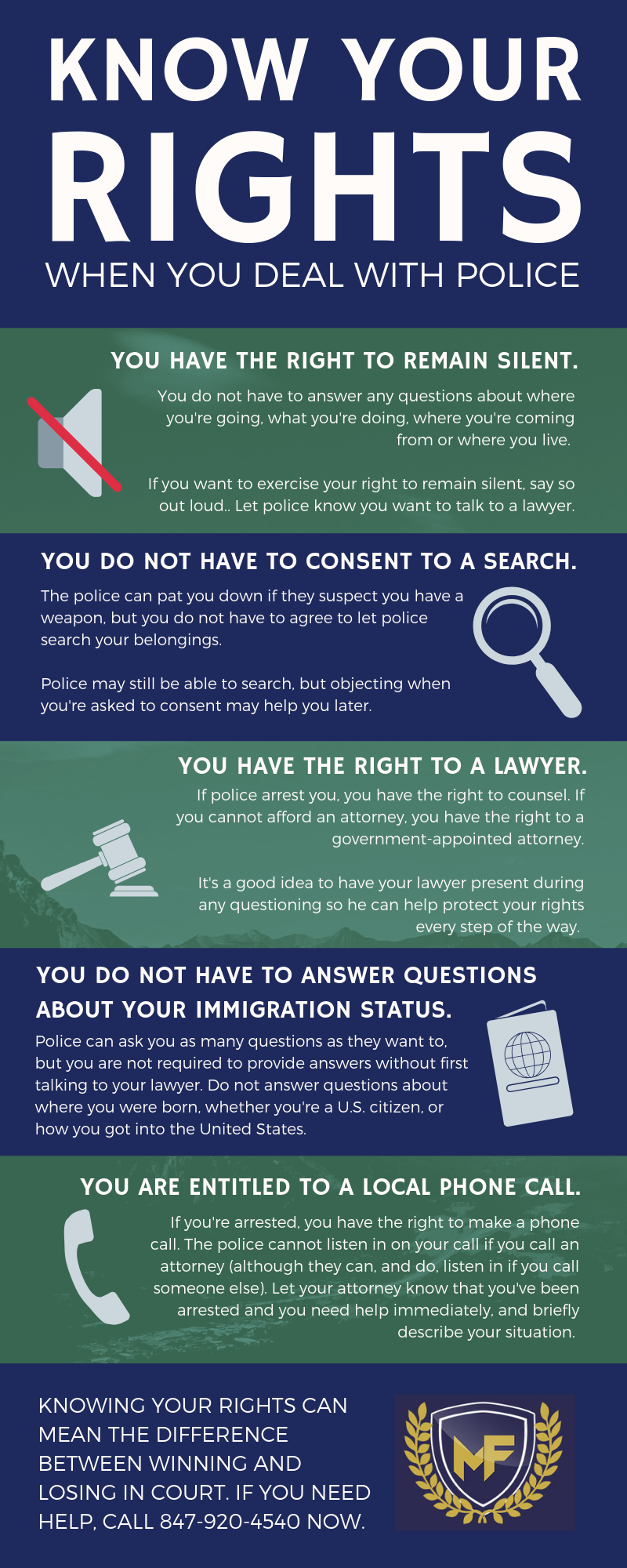Typical Misconceptions About Criminal Defense: Debunking Misconceptions
Typical Misconceptions About Criminal Defense: Debunking Misconceptions
Blog Article
Authored By-Kearns Donnelly
You have actually possibly heard the misconception that if you're charged with a crime, you should be guilty, or that staying quiet ways you're hiding something. These prevalent beliefs not just distort public understanding however can additionally influence the end results of lawful process. It's essential to peel off back the layers of misunderstanding to recognize the true nature of criminal protection and the civil liberties it shields. Suppose you knew that these misconceptions could be dismantling the very structures of justice? Join the conversation and discover exactly how exposing these misconceptions is vital for guaranteeing fairness in our lawful system.
Myth: All Offenders Are Guilty
Often, people mistakenly believe that if a person is charged with a crime, they need to be guilty. You may think that the lawful system is infallible, but that's far from the fact. Fees can originate from misunderstandings, mistaken identities, or insufficient evidence. It's essential to bear in mind that in the eyes of the law, you're innocent until tried and tested guilty.
This presumption of virtue is the bedrock of the criminal justice system. It makes sure that the burden of proof lies with the prosecution, not you. They need to establish past a practical uncertainty that you devoted the criminal offense. This high common safeguards individuals from wrongful sentences, guaranteeing that nobody is punished based upon presumptions or weak proof.
In addition, being charged doesn't suggest the end of the road for you. You deserve to protect on your own in court. This is where a proficient defense attorney comes into play. They can test the prosecution's case, present counter-evidence, and supporter on your behalf.
The intricacy of legal process frequently calls for skilled navigation to safeguard your rights and attain a fair end result.
Misconception: Silence Equals Admission
Lots of believe that if you pick to stay silent when accused of a criminal offense, you're essentially admitting guilt. Nevertheless, this couldn't be additionally from the fact. Your right to remain silent is protected under the Fifth Modification to stay clear of self-incrimination. It's a legal guard, not a sign of guilt.
When you're silent, you're really working out a fundamental right. This avoids you from stating something that might unintentionally damage your protection. Remember, in the warm of the minute, it's simple to obtain baffled or talk wrongly. Law enforcement can analyze your words in ways you really did not intend.
By remaining quiet, you provide your legal representative the best opportunity to protect you effectively, without the problem of misunderstood statements.
Additionally, it's the prosecution's work to verify you're guilty beyond a sensible doubt. Your silence can't be made use of as evidence of guilt. In fact, jurors are advised not to analyze silence as an admission of sense of guilt.
Myth: Public Protectors Are Inefficient
The misconception that public protectors are inadequate persists, yet it's crucial to recognize their critical role in the justice system. just click the next site of think that since public protectors are frequently strained with cases, they can't provide high quality defense. Nonetheless, this forgets the deepness of their commitment and proficiency.
Public protectors are completely accredited lawyers who've selected to concentrate on criminal law. They're as qualified as private legal representatives and typically more skilled in trial work as a result of the quantity of situations they handle. You could assume they're less motivated since they don't select their customers, yet in reality, they're deeply dedicated to the ideals of justice and equal rights.
It is necessary to keep in mind that all legal representatives, whether public or exclusive, face challenges and restrictions. Public defenders typically deal with less sources and under more pressure. Yet, they consistently show resilience and creativity in their protection approaches.
Their role isn't simply a work; it's a mission to make certain that everyone, despite revenue, receives a reasonable trial.
Conclusion
You may assume if someone's billed, they have to be guilty, however that's not exactly how our system works. Picking to stay silent doesn't imply you're confessing anything; it's simply smart protection. And don't ignore public protectors; they're devoted professionals dedicated to justice. Keep in mind, everybody should have a fair trial and proficient representation-- these are essential legal rights. Allow's shed these misconceptions and see the legal system of what it really is: a place where justice is looked for, not just punishment dispensed.
